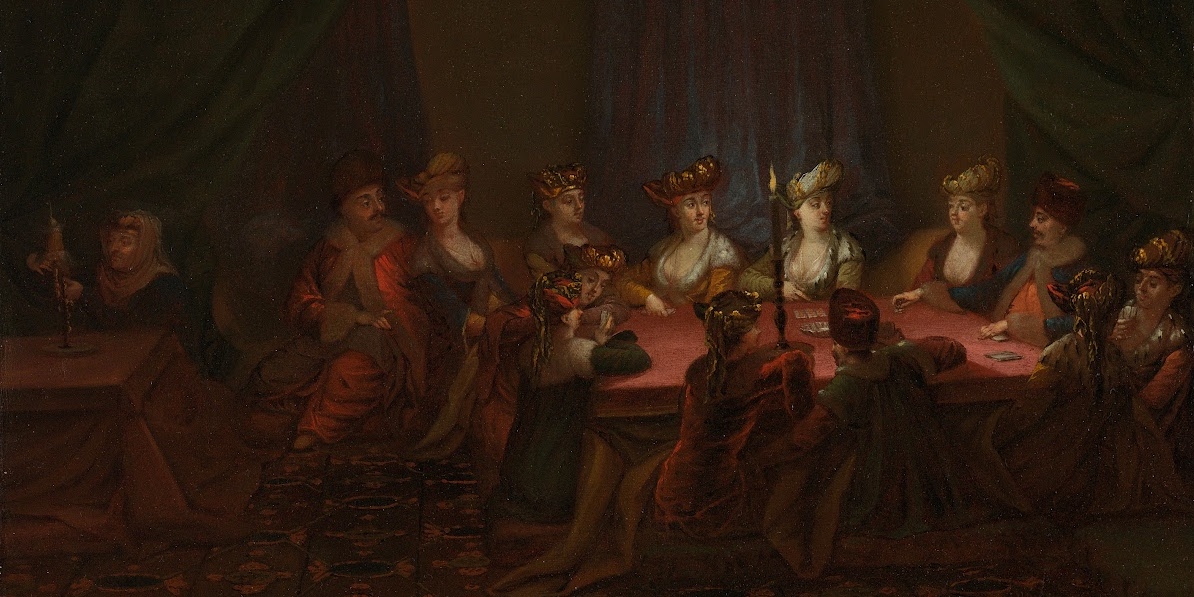Hydropolitics and the Hajj
Podcast Feed | iTunes | Hipcast | Soundcloud
 |
| Water Distillation Machine Installed in Jidda (1911) Source: Kasım İzzeddin, Hicaz'da teşkilât ve ıslahat-ı sıhhiye (1330) |
During the nineteenth century, imperial states became increasingly concerned with the management of disease and resources. For the Ottoman Empire, the issues of disease and water converged on the hajj pilgrimage, which brought annual throngs of thirsty disease vectors to the Hijaz region. In this podcast, Michael Christopher Low examines the su meselesi or “water issue” of the Ottoman Empire during the Hamidian era and its importance for understanding the ecological transformation of Saudi Arabia over the past century.
Stream via Soundcloud (preferred / US)
Michael Christopher Low is a Ph.D. Candidate in the Department of History of Columbia University focusing on the Hijaz region. (see department page)
Chris Gratien is a PhD candidate studying the history of the modern Middle East at Georgetown University. (see academia.edu)
Episode No. 101
Release date: 12 April 2013
Location: Feriköy, Istanbul
Editing and Production by Chris Gratien
Images and Bibliography courtesy of Michael Christopher Low
Citation: "Hydropolitics and the Hajj," Michael Christopher Low and Chris Gratien, Ottoman History Podcast, No. 101 (April 12, 2013) http://www.ottomanhistorypodcast.com/2010/04/hajj-water-saudi-arabia.html.
Maps
Read about the maps associated with this podcast at the Afternoon Map
Select Bibliography
Primary Sources:
Akkuş, Mehmet, ed. Hicaz Hâtırası: Muharriri El-Hac Hüseyin Vassaf. İstanbul:
Kubbealtı, 2011.
Burdett, Anita L.P., ed. Water Resources in the Arabian Peninsula, 1921-1960. Volume
1: Bahran, Qatar, Trucial States, Muscat and Oman, Saudi Arabia. Slough, U.K.: Archive Editions, 1998.
Eyüp Sabri (Paşa). Mir’âtül-Haremeyn: Mir’ât-ı Mekke. Cilt 1. Bahriye Matbaası, 1301.
İzzeddin, Kasım. Hicaz'da teşkilât ve ıslahat-ı sıhhiye ve 1330 senesi hacc-ı şerifi Hicaz
sıhhiye idaresi, senevi rapor. İstanbul: Matbaa-ı Amire, 1330.
Sarıyıldız, Gülden and Ayşe Kavak, eds. Halife II. Abdülhamid’in Hac Siyaseti: Dr. M.
Şakir Bey’in Hicaz Hatırları. İstanbul: Timaş Yayınları, 2009.
Secondary Sources:
Bulmuş, Birsen. Plague, Quarantines, and Geopolitics in the Ottoman Empire. Edinburgh: Edinburgh University Press, 2012.
Jones, Toby Craig. Desert Kingdom: How Oil and Water Forged Modern Saudi Arabia. Cambridge: Harvard University Press, 2010.
Low, Michael Christopher. “Empire and the Hajj: Pilgrims, Plagues, and Pan-Islam under British Surveillance, 1865-1908.” International Journal of Middle East Studies 40, no. 2 (May, 2008): 269-290.
Mikhail, Alan, ed. Water on Sand: Environmental Histories of the Middle East and
North Africa. New York: Oxford University Press, 2012.
Sarıyıldız, Gülden. Hicaz Karantina Teşkilâtı,1865-1914. Ankara: Türk Tarih Karumu,
1996.
Yılmaz, Ömer Faruk. Osmanlı’nın Hicaz’da Deniz Suyu Arıtma Tesisleri Projesi.
İstanbul: Çamlıca, 2012.









Comments
Post a Comment
Due to an overwhelming amount of spam, we no longer read comments submitted to the blog.